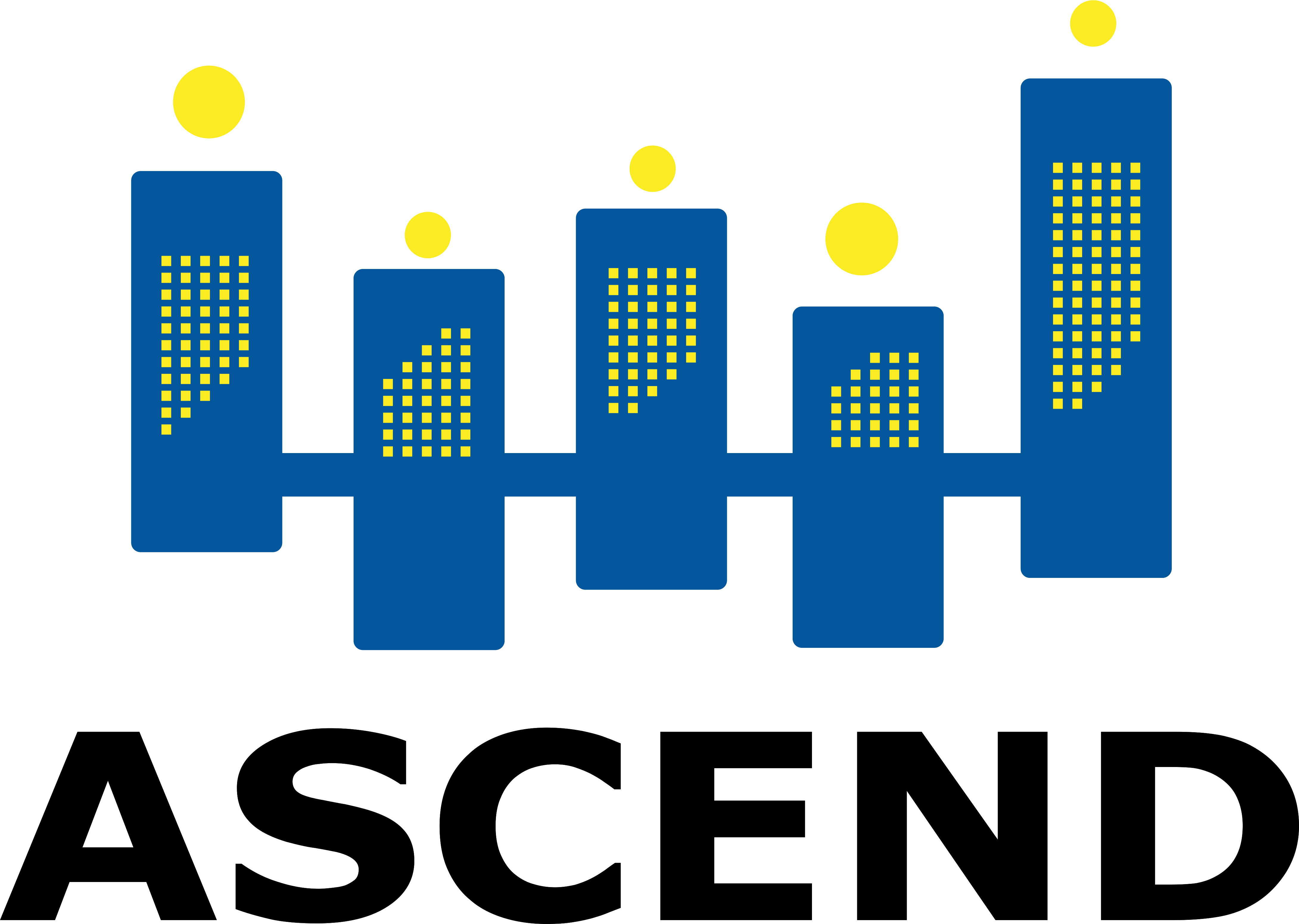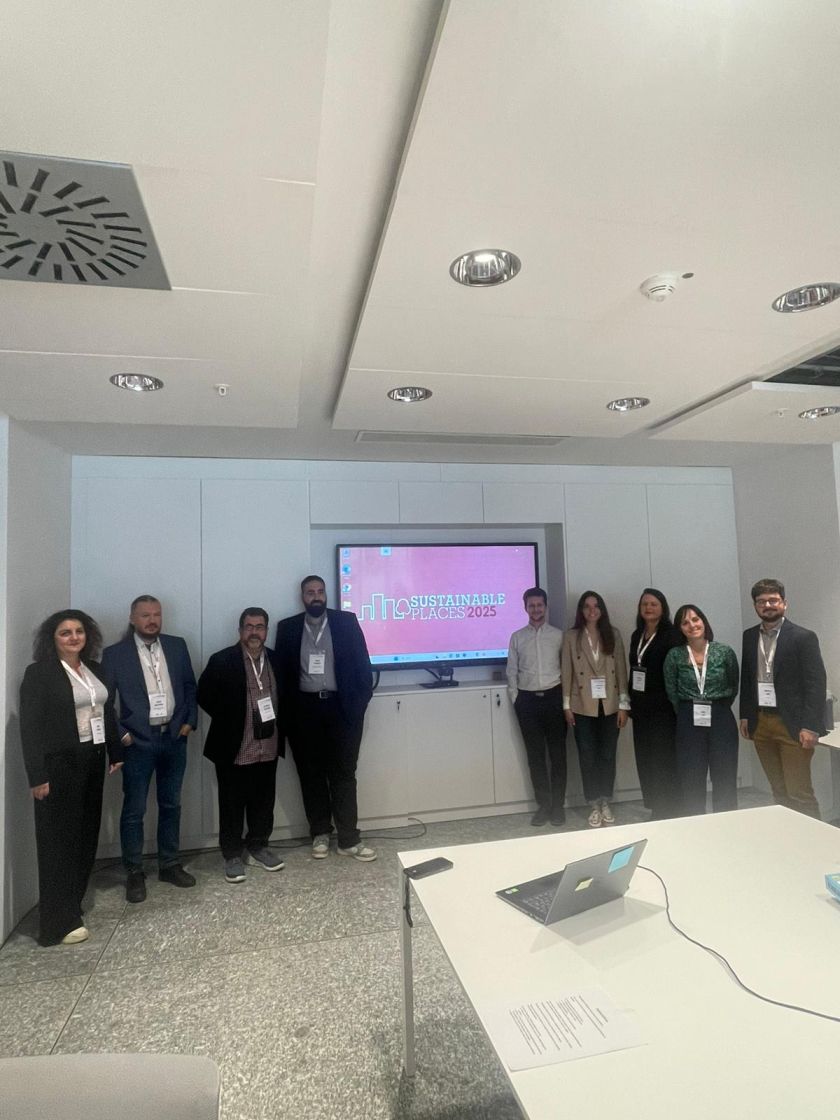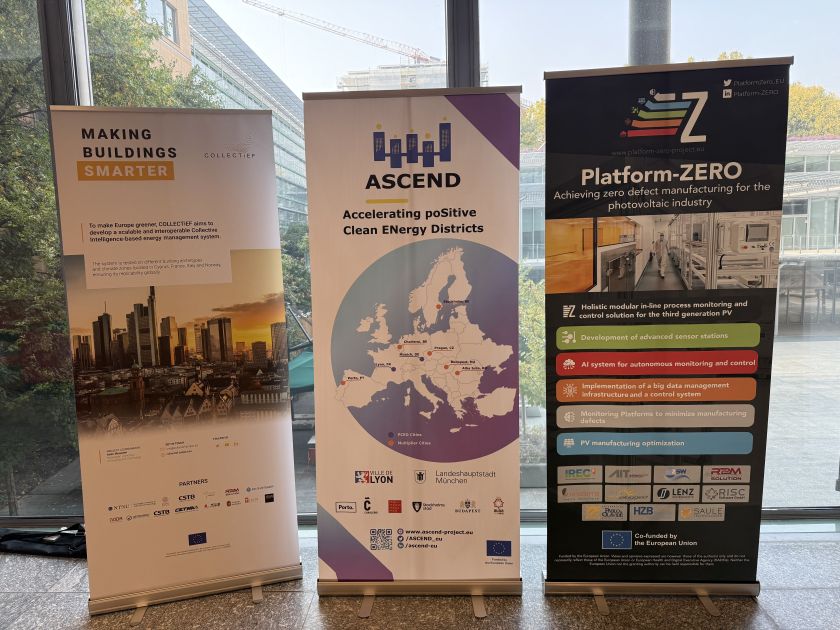How can citizens help shape the Positive Energy Districts of tomorrow? That question took centre stage at the session “Strategic Citizen Engagement and Impact in Positive Energy Districts: Insights from EU-funded projects”, held during the Sustainable Places Conference 2025 in Milan.
The session brought together a diverse lineup of EU-funded projects including InterPED, TIPS4PED, PEDvolution, NEUTRALPATH, ARV, COMMUNITAS, LEGOFIT, Citizen-led Renovation, and the ASCEND Project — each presenting innovative ways to ensure citizens are not just consulted but actively involved in shaping Europe’s energy transition.
Throughout the session, speakers emphasised that creating Positive Energy Districts is as much a social challenge as it is a technical one. True impact depends on citizens being informed, motivated, and empowered to participate in the transformation of their cities. Across the projects, engagement took many forms, from storytelling and interactive workshops to data-driven tools and co-creation platforms,all designed to make energy innovation tangible, accessible, and relevant to everyday life.
Projects such as InterPED and TIPS4PED explored how technology can bridge the gap between information and participation. Raymond Sterling (R2M) introduced InterPED’s Energy Literacy Framework and Shared Imaginaries, which take users through relatable, imagined scenarios to strengthen energy understanding. This is complemented by the DREAM model, which lets households explore how demand response affects comfort and consumption in their homes. In parallel, Benedetta Barchi (RINA) presented TIPS4PED’s Integrated Assessment Platform — a decision-support environment that merges real-time data, simulations, and citizen feedback to help municipalities plan, manage, and replicate PEDs transparently and collaboratively.
Building on these ideas, Alexander Deliyannis (Sympraxis) shared how PEDvolution uses seven interoperable solutions to help cities design, process, optimise, and strengthen a PED’s “genotype and phenotype.” Meanwhile, Paula Vega (Three O’Clock) showcased NEUTRALPATH’s use of Living Labs — local spaces that guide communities in identifying shared visions, governance models, and actionable roadmaps. Together, these approaches show how co-creation can scale from small experiments to long-term climate-neutral strategies.
The role of community was also a central theme. Marcello Curci (Habitech DTTN) explained how ARV promotes Climate Positive Circular Communities, districts that integrate renovated and new buildings with energy systems and citizen participation to achieve net-zero emissions. Following renovation activities in Povo, Italy, ARV organised an engagement workshop that brought together citizens, SMEs, and policymakers to discuss the impacts of the recent renovation. Similarly, Łukasz Wilczyński (ASM Research Solutions Strategy) represented COMMUNITAS, which applies UX and user testing to make digital energy tools intuitive and user-friendly, while Beril Alpagut (Demir Enerji) showed how LEGOFIT ensures early-stage community engagement supports the design and social acceptance of Energy Positive Homes.
Adding to this citizen-driven momentum, Stavros Spyridakos (IEECP) presented Citizen-led Renovation, which empowers local communities to take charge of energy upgrades — helping them overcome financial, technical, and legal barriers to deliver future-proof residential buildings.
From the ASCEND Project, Veronika Černá (Twenty Communications) introduced a fresh and creative perspective on collaboration through the PCED Assembler Card Game, a hands-on tool that helps cities design and test Positive and Climate-Neutral Energy District configurations. The game guides participants through a structured but interactive journey: identifying challenges, selecting suitable solutions, mapping key stakeholders, and building viable business models that can scale beyond pilot projects.
The ASCEND methodology combines creativity with strategy. Its Business Model Assembler workshops take cities and stakeholders through a process of value identification and capture, translating conceptual ideas into practical, implementable plans. These workshops help local actors understand who leads each action, what resources are required, and how success will be measured.
To make the process inclusive and adaptable, ASCEND offers both online and offline versions of its co-creation tools. The online platform supports cross-city collaboration, milestone tracking, and peer learning, while the offline version encourages hands-on teamwork and immediate feedback in an open, creative environment. Together, these approaches foster mutual understanding between cities, developers, and investors, helping to build trust and shared ownership of the transition process.
The discussions in Milan highlighted one clear message: citizen engagement is not an add-on — it’s the foundation for truly sustainable, future-ready urban innovation. By empowering citizens to understand, experiment, and co-create, these projects are helping to build cities that are not only energy-positive but people-positive too
10 October 2025 | Sustainable Places Conference, Milan, Italy


